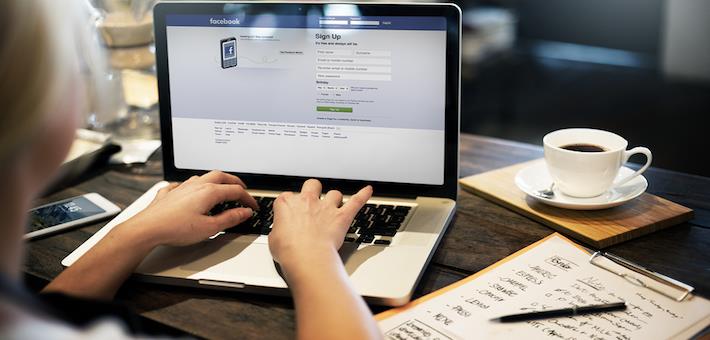
Three Important Predictors of Students’ Facebook Procrastination
Using Facebook to procrastinate—which means irrationally turning to Facebook instead of doing other more important tasks—is very common among students. A study in Computers in Human Behavior investigates what characteristics of a student makes him or her procrastinate with Facebook more often and how this affects the students’ academic and overall well-being.
Take aways
- Students with 1) low self-control, 2) strong Facebook checking habits, and 3) high enjoyment of Facebook use are more likely to procrastinate with Facebook.
- The more students procrastinate with Facebook, the higher their academic stress and Facebook-induced strains.
- Procrastinating with Facebook can impair the users’ well-being.
Study information
The question?
What are important predictors of procrastination with Facebook and does frequent procrastination with Facebook affect the psychological well-being of students?
Who?
Study 1: 354 student Facebook users (mean age: 22.89 years; 71% females) from several German universities.
Study 2: 345 student Facebook users (mean age: 21.17 years; 62% females) from several German universities.Where?
Germany
How?
In the first study, participants were asked to fill out an online questionnaire, including questions about their self-control, their Facebook checking habits and their enjoyment of Facebook use. These questions were asked in order to investigate whether Facebook is a frequently used ‘tool’ for procrastination among students and whether the frequency of procrastination can be predicted by self-control.
In order to examine whether procrastination with Facebook is related to academic stress and Facebook-induced strains, participants of the second study were also asked to fill out an online survey, including questions about their level of perceived academic stress and perceived Facebook-induced strains on well-being.
In both studies, students were asked about their frequency of procrastination with Facebook.
Facts and findings
- Students who had low self-control, habitually checked their Facebook, and enjoyed Facebook a lot, were more likely to procrastinate with online media, such as Facebook.
- The more frequently students procrastinated with Facebook, the higher their academic stress and the more they reported strains resulting from their overall Facebook use.
- An increase in procrastination with Facebook impaired the user’s well-being, indicated by temporary mood, personal relationships, and personal growth.
- Critical Note: As this study has exclusively focused on students, findings cannot be generalized.